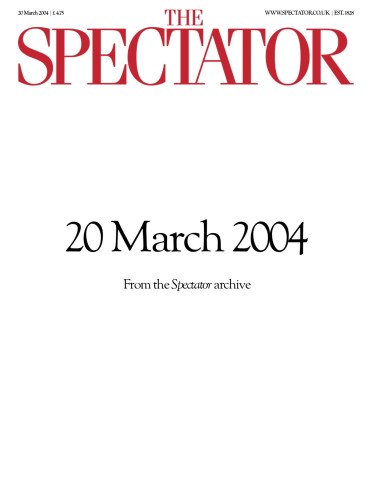The year of the comet
The Battle of Hastings, 1066by M. K. Lawson Tempus, £25, pp. 252, ISBN 0752426893 The Bayeux Tapestry, nearly 75 yards long, the mother of all newsreels and the father of all strip cartoons, was embroidered at Canterbury (most probably) some years after the Conquest. With ‘626 human figures, 202 horses, 55 dogs, 505 other animals,

